|
LISTEN TO THIS THE AFRICANA VOICE ARTICLE NOW
Getting your Trinity Audio player ready...
|
South African opposition leader Julius Malema has accused the UK government of deliberately blocking his travel after his visa application was not processed in time for an academic engagement in Britain. Malema, the outspoken leader of the Economic Freedom Fighters (EFF), was scheduled to speak at the University of Cambridge’s Africa Together Conference on 10 May.
The EFF announced on social media that the UK High Commission had “actively delayed” Malema’s visa approval, thereby preventing him from participating in the event. He had been invited by the university’s African Society to deliver a keynote address.
“This is an unacceptable and spineless act,” Malema posted on X (formerly Twitter), adding that the UK’s decision lacked “any substantial justification” and appeared to be a calculated effort “to silence a dissenting political perspective.”
In a letter addressed to EFF Secretary General Godrich Gardee—leaked and since confirmed as authentic—UK High Commissioner to South Africa Antony Phillipson expressed regret over the visa delay. He apologized personally and cited recent public holidays in the UK, including one on 5 May, as factors that hampered the Home Office’s ability to finalize the application on time.
“I fully appreciate the disappointment caused,” Phillipson wrote, noting that the delegation had applied well in advance and some had even paid for priority processing. He also confirmed that the Home Office had agreed to refund the application fees.
Despite these assurances, Malema was unconvinced. He claimed the EFF had been given verbal assurances that “everything would be sorted,” only to receive a rejection letter hours before departure.
Malema has been a vocal critic of Western influence in African politics and has long championed controversial policies such as the nationalisation of white-owned land in South Africa. His exclusion from the Cambridge event has drawn criticism from his supporters, who view it as an attempt to suppress radical African voices on international platforms.
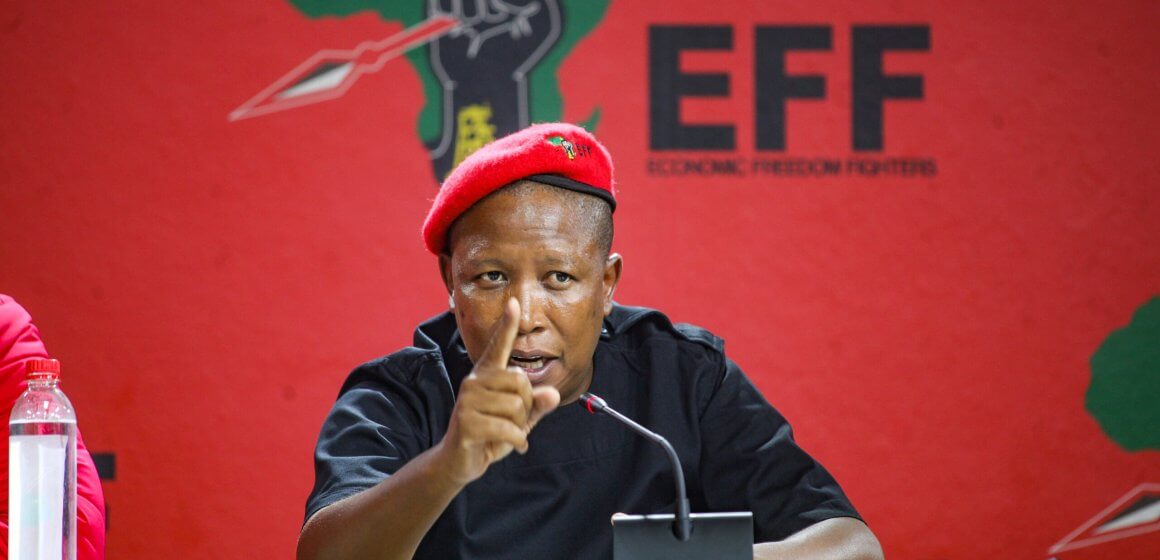
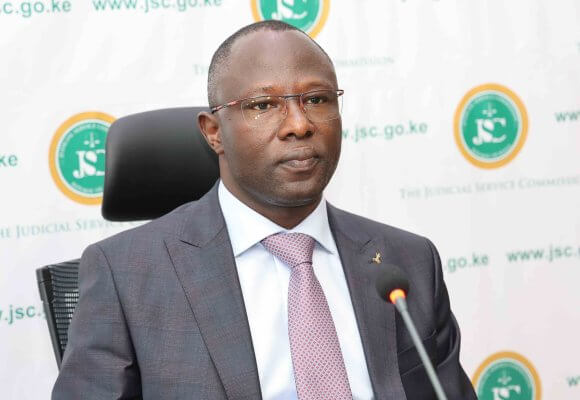

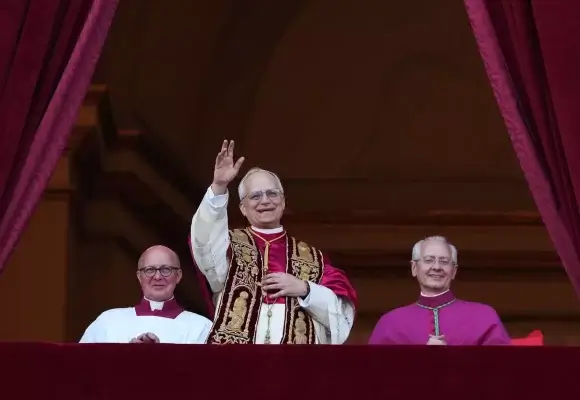
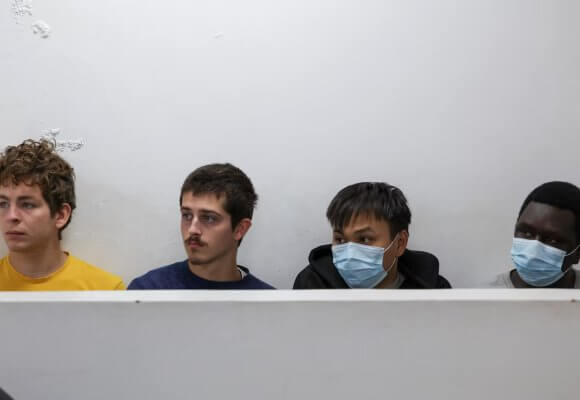
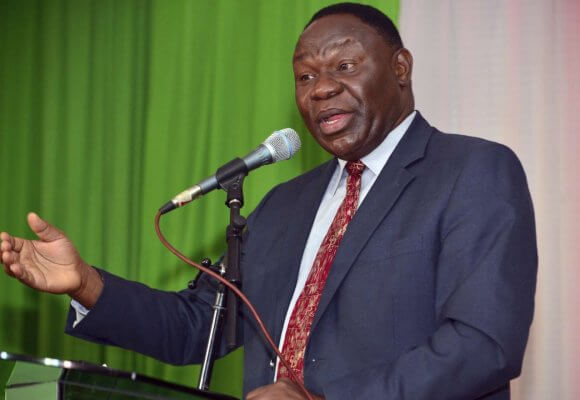



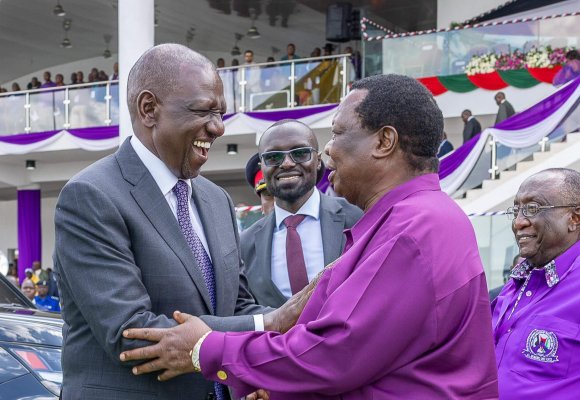
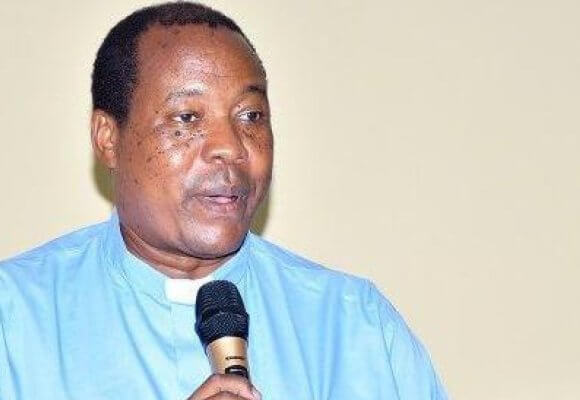
LEAVE A COMMENT
You must be logged in to post a comment.